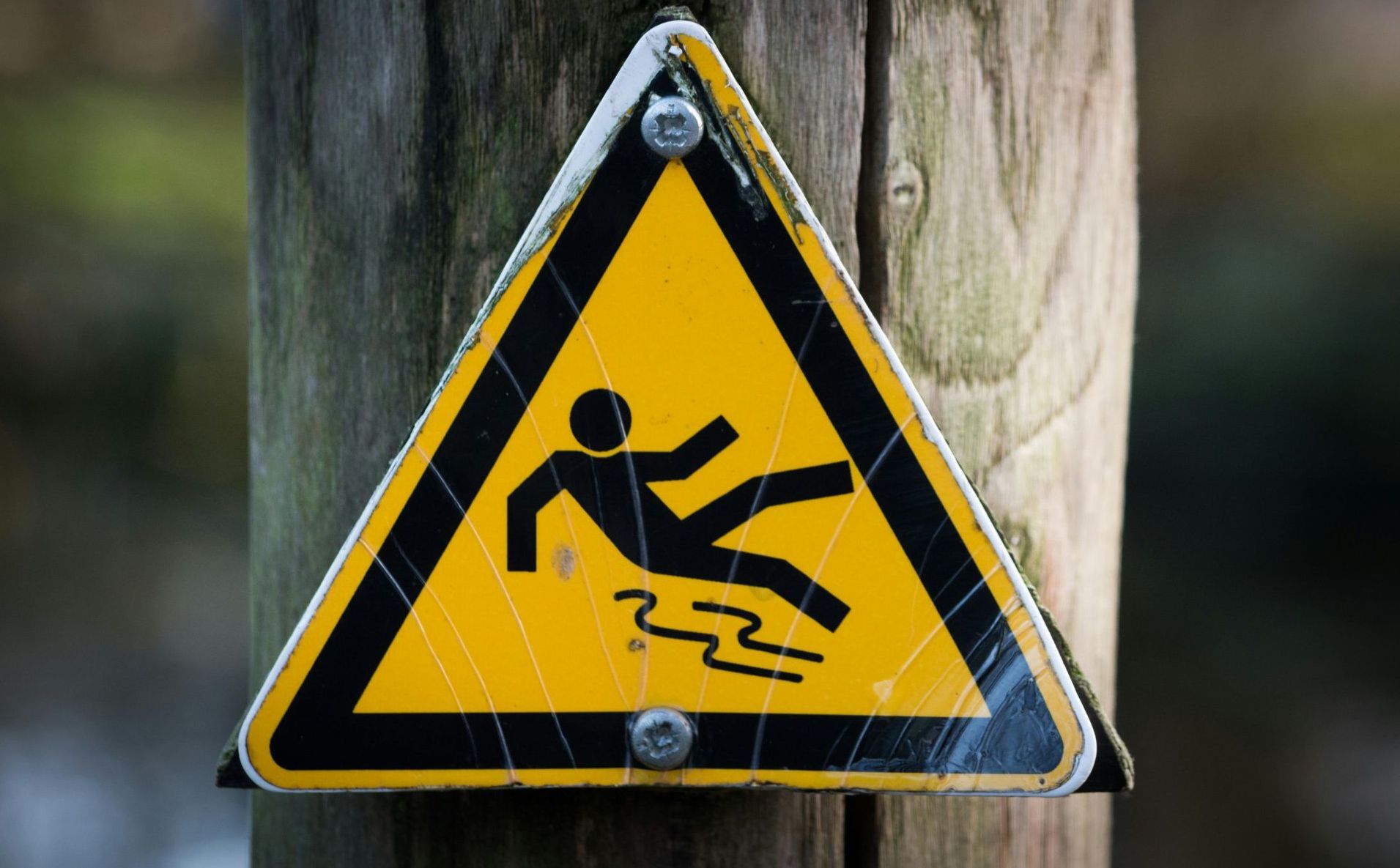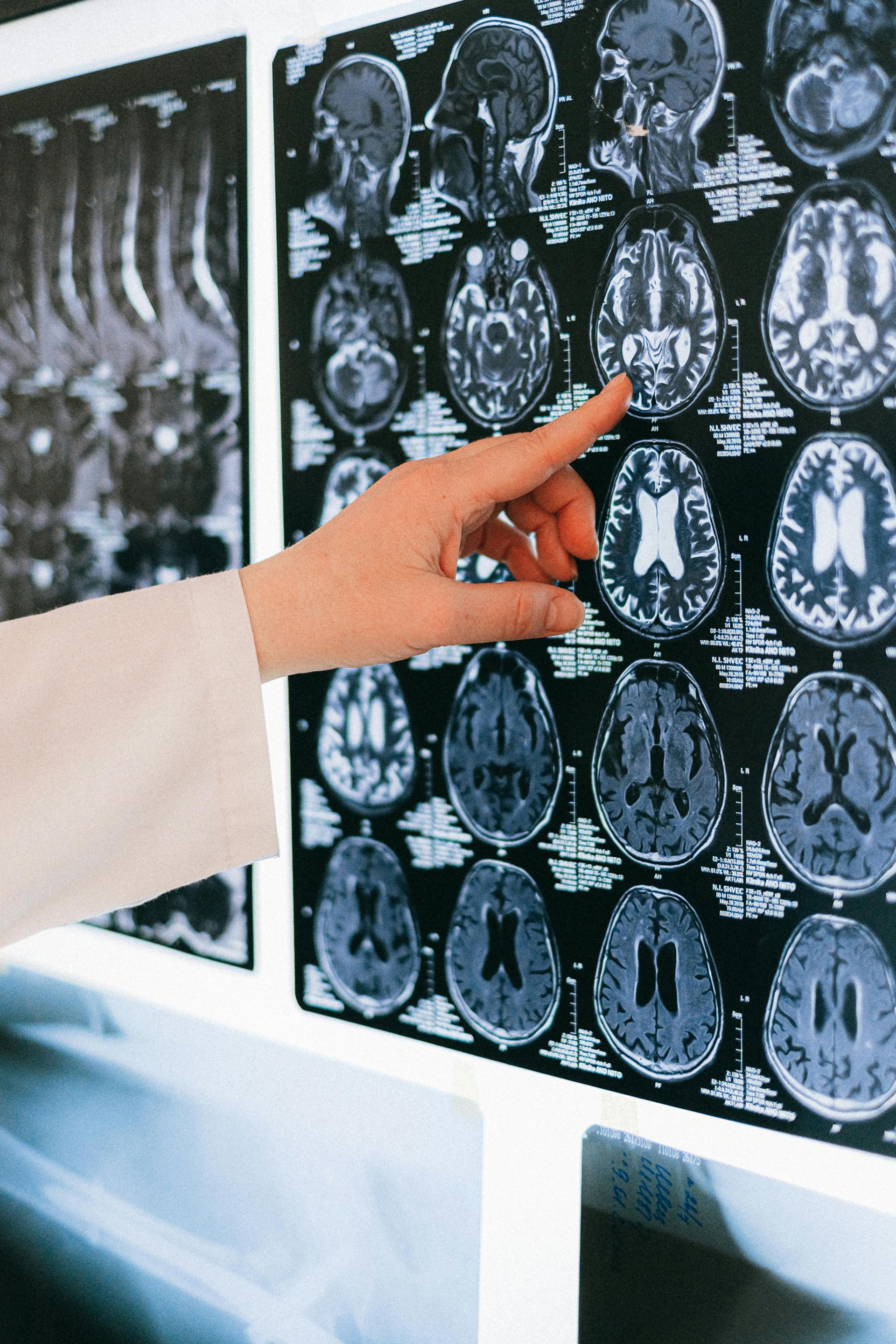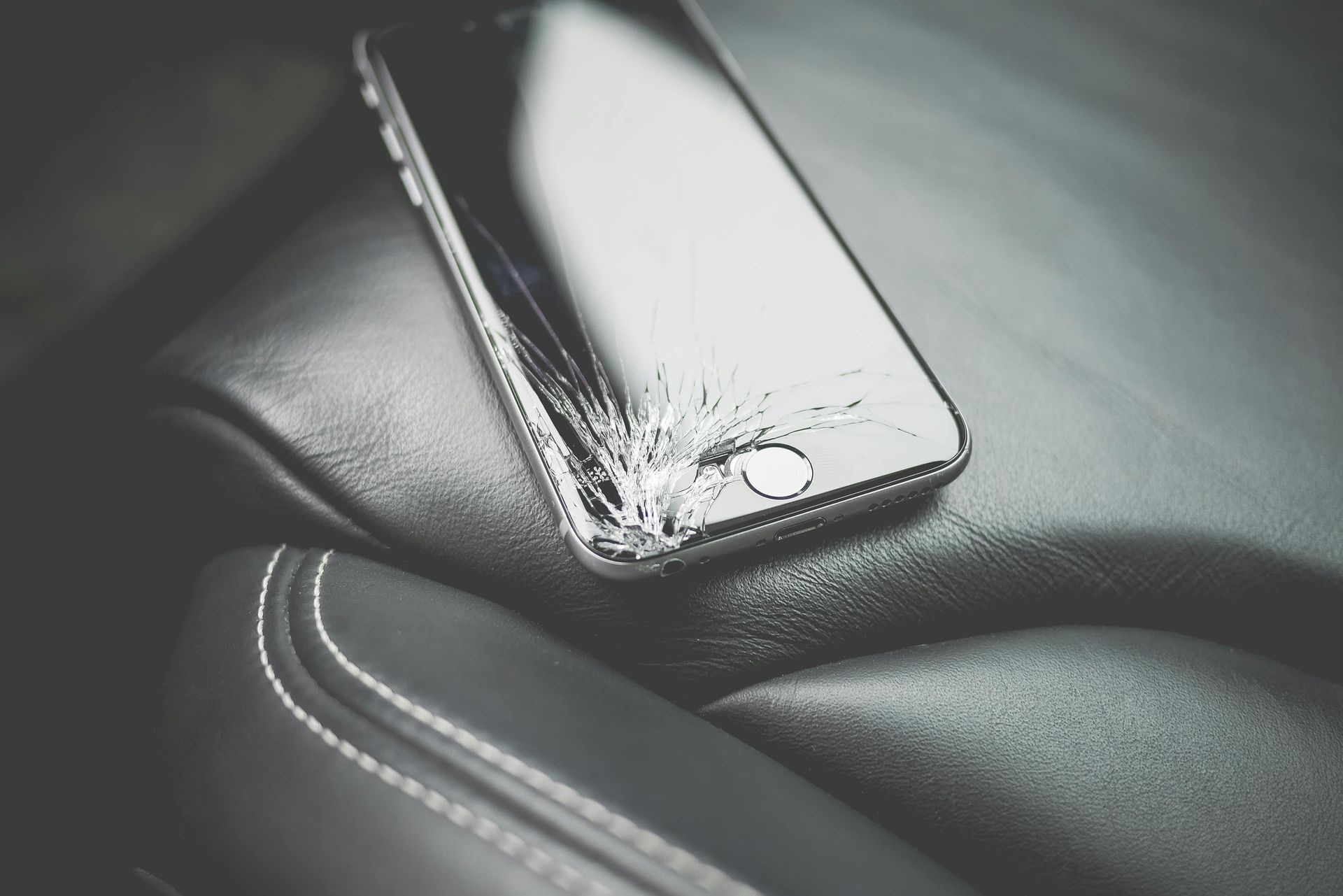Get Experienced & Committed Counsel
Mediation vs. Trial: Alternative Dispute Resolution for Florida Injury Cases
Law Office of Alex Hernandez • September 12, 2025
Mediation vs. Trial: Alternative Dispute Resolution for Florida Injury Cases
When pursuing compensation for personal injury claims in Florida, victims face important decisions about how to resolve their cases. While many people immediately think of courtroom trials, mediation offers an alternative path that can provide faster, less expensive, and more predictable outcomes. Understanding the differences between mediation and trial helps injured parties make informed decisions about which approach best serves their interests and circumstances.
Understanding Mediation in Personal Injury Cases
Mediation is a structured negotiation process facilitated by a neutral third party called a mediator. Unlike judges or arbitrators, mediators don't make binding decisions about cases. Instead, they guide discussions between opposing parties, helping them identify common ground and explore potential solutions that might not emerge in traditional negotiations.
In Florida personal injury cases, mediation typically occurs after initial discovery but before trial. Both parties present their positions to the mediator, who then works separately and jointly with each side to facilitate productive discussions. The process remains confidential, allowing parties to explore settlement options without fear that statements made during mediation will be used against them later if the case proceeds to trial.
The Mediation Process
Mediation sessions usually begin with opening statements from both sides, allowing each party to present their perspective on the case. The mediator then typically separates the parties into different rooms, engaging in "shuttle diplomacy" by moving between rooms to facilitate negotiations and explore possible settlements.
During these private sessions, parties can discuss sensitive information with the mediator without revealing it to the other side unless they choose to do so. This confidential environment often leads to more honest discussions about case strengths and weaknesses, creating opportunities for creative solutions that might not emerge in adversarial court proceedings.
Successful mediation requires good faith participation from all parties. While the process is voluntary and non-binding until an agreement is reached, Florida courts increasingly encourage mediation and may order parties to attempt mediation before allowing cases to proceed to trial.
Advantages of Mediation
Mediation offers several significant advantages over traditional litigation. Speed represents perhaps the most compelling benefit, as mediation sessions can often be scheduled within weeks or months, while court trials may require years due to crowded court calendars. This faster resolution allows injured parties to receive compensation sooner, addressing immediate financial needs and reducing the stress of prolonged legal proceedings.
Cost effectiveness makes mediation attractive for both parties. The expenses associated with mediation—primarily mediator fees and attorney time for one day—pale in comparison to the costs of preparing for and conducting a trial. Trial preparation requires extensive discovery, expert witness fees, court costs, and significantly more attorney time, often making mediation the more economical choice.
Control over outcomes represents another key advantage of mediation. Rather than placing their fate in the hands of a judge or jury, parties maintain control over the resolution process. They can craft creative solutions that courts might not be able to order, such as structured settlements, non-monetary benefits, or other arrangements tailored to their specific needs.
Confidentiality provides additional benefits, particularly for defendants who prefer to avoid public disclosure of settlement amounts or liability admissions. This privacy can facilitate more generous settlement offers while protecting both parties' reputations and avoiding the public scrutiny that accompanies court proceedings.
When Mediation May Not Be Appropriate
Despite its advantages, mediation isn't suitable for every personal injury case. Cases involving bad faith behavior, where one party refuses to negotiate seriously or participate in good faith, rarely succeed in mediation. If insurance companies or defendants have demonstrated unwillingness to make reasonable offers, mediation may simply delay inevitable trial proceedings.
Complex liability disputes requiring extensive expert testimony may be better suited for trial. When technical questions about causation, product defects, or medical issues need resolution through detailed expert testimony and cross-examination, the formal discovery and trial process may be necessary to fully develop and present the evidence.
Cases involving significant policy or precedential issues might warrant trial proceedings. If a case could establish important legal precedents or address matters of public interest, the broader implications might outweigh the efficiency benefits of mediation.
The Trial Alternative
When mediation fails or isn't appropriate, traditional trial proceedings offer the ultimate resolution mechanism. Trials provide formal procedures for presenting evidence, examining witnesses, and obtaining binding decisions from judges or juries. While more time-consuming and expensive than mediation, trials offer certain advantages in specific circumstances.
Trials ensure full discovery of all relevant information through formal discovery procedures, depositions, and subpoena powers that don't exist in mediation. This comprehensive fact-finding process can be crucial in complex cases where all evidence must be uncovered and examined.
The possibility of higher awards sometimes makes trials attractive despite their risks. Sympathetic juries may award damages that exceed what defendants would offer in mediation, particularly in cases involving egregious conduct or severe injuries. However, this potential for higher awards comes with the corresponding risk of receiving nothing if the case is unsuccessful.
Combining Mediation and Trial Strategies
Many successful personal injury attorneys use mediation strategically as part of broader case development. Early mediation can help identify the key issues and settlement ranges while preserving the option to proceed to trial if mediation fails. This approach allows parties to test their positions and gather information while maintaining all legal options.
Sometimes multiple mediation sessions occur as cases develop and more information becomes available. As medical treatment concludes, damages become clearer, and liability issues are better understood, previously unsuccessful mediation attempts may become more productive.
The Role of Experienced Legal Representation
Whether pursuing mediation or trial, experienced legal representation remains crucial for protecting your interests and maximizing your recovery. Skilled attorneys understand when mediation offers the best path forward and how to present cases effectively in both mediation and trial settings.
An attorney experienced in both mediation and trial advocacy can evaluate your case objectively and recommend the most appropriate resolution strategy. They can also prepare thoroughly for mediation while maintaining trial readiness, ensuring you're positioned for success regardless of which path ultimately leads to resolution.
Professional Guidance in Resolution Strategies
If you've been injured in an accident anywhere in Florida, choosing the right resolution strategy can significantly impact your recovery and timeline. The Law Office of Alex Hernandez understands both mediation and trial advocacy, bringing over 35 years of experience to help determine the best approach for your specific circumstances.
Our experience with mediation processes and trial advocacy ensures comprehensive representation that maximizes your chances of successful resolution whether through negotiated settlement or court proceedings. We prepare every case thoroughly while remaining flexible about resolution strategies that best serve our clients' interests.
Contact our office at (727) 443-0701 for a free consultation. We're committed to helping injured parties understand their options and pursue the resolution strategy most likely to achieve fair compensation efficiently and effectively.


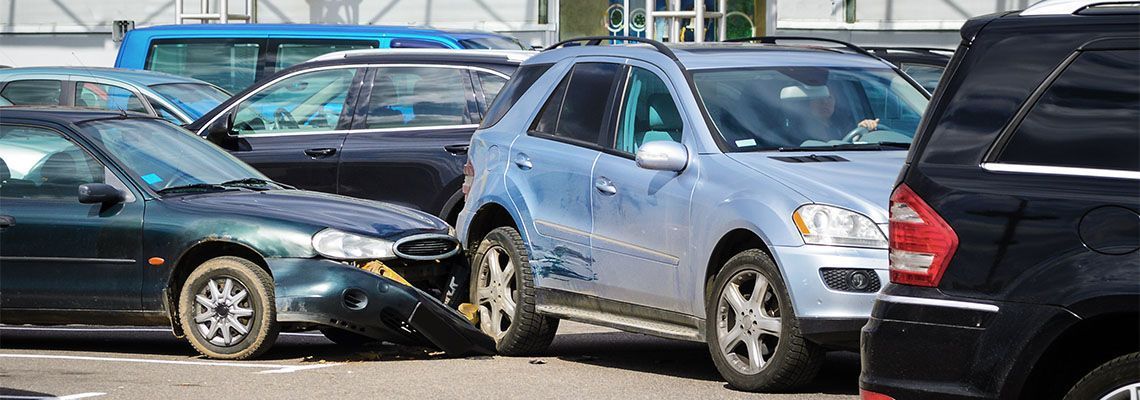
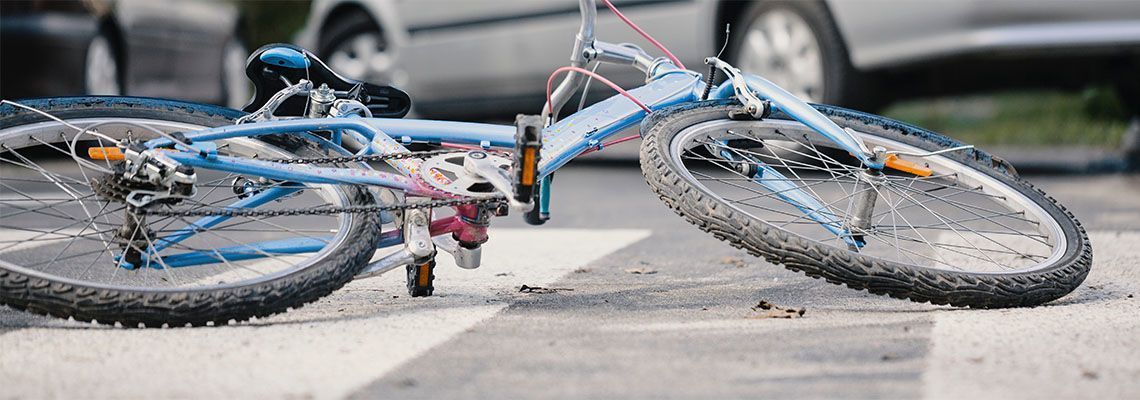
Contact Us Today
Fill out the attached form to schedule a free consultation.
Law Office of Alex Hernandez
- Mon - Sun
- Open 24 Hours
Contact Us
We will get back to you as soon as possible.
Please try again later.





